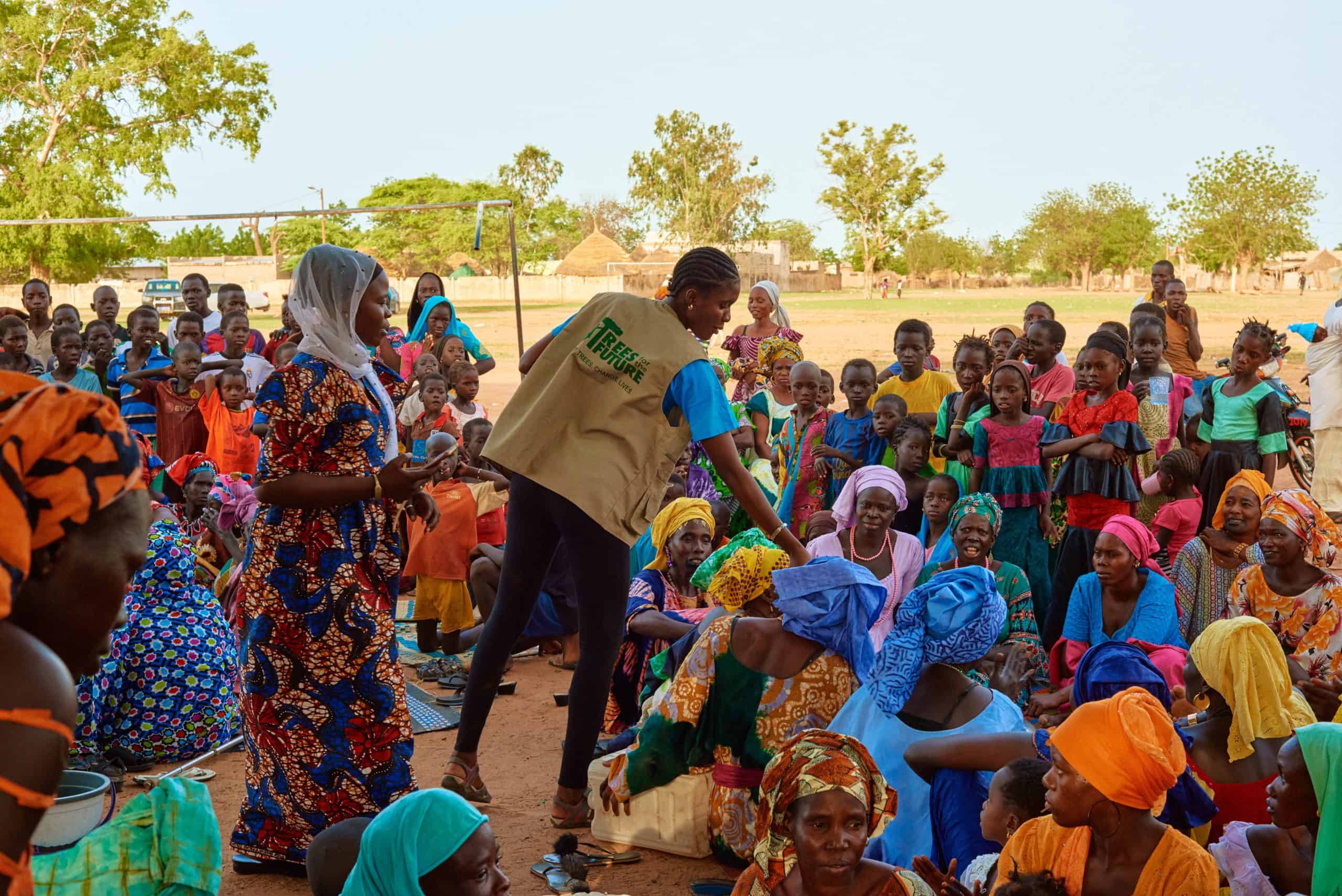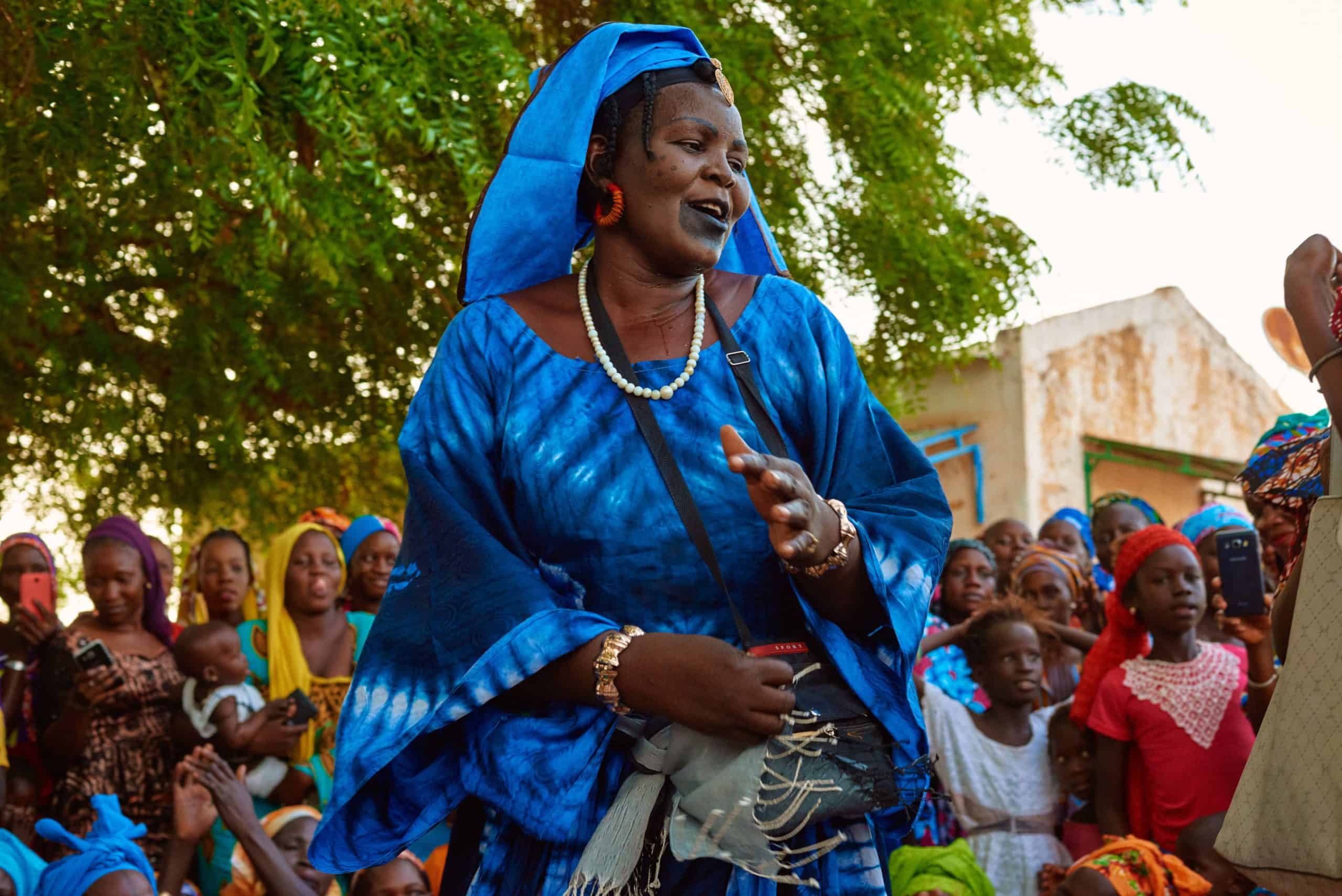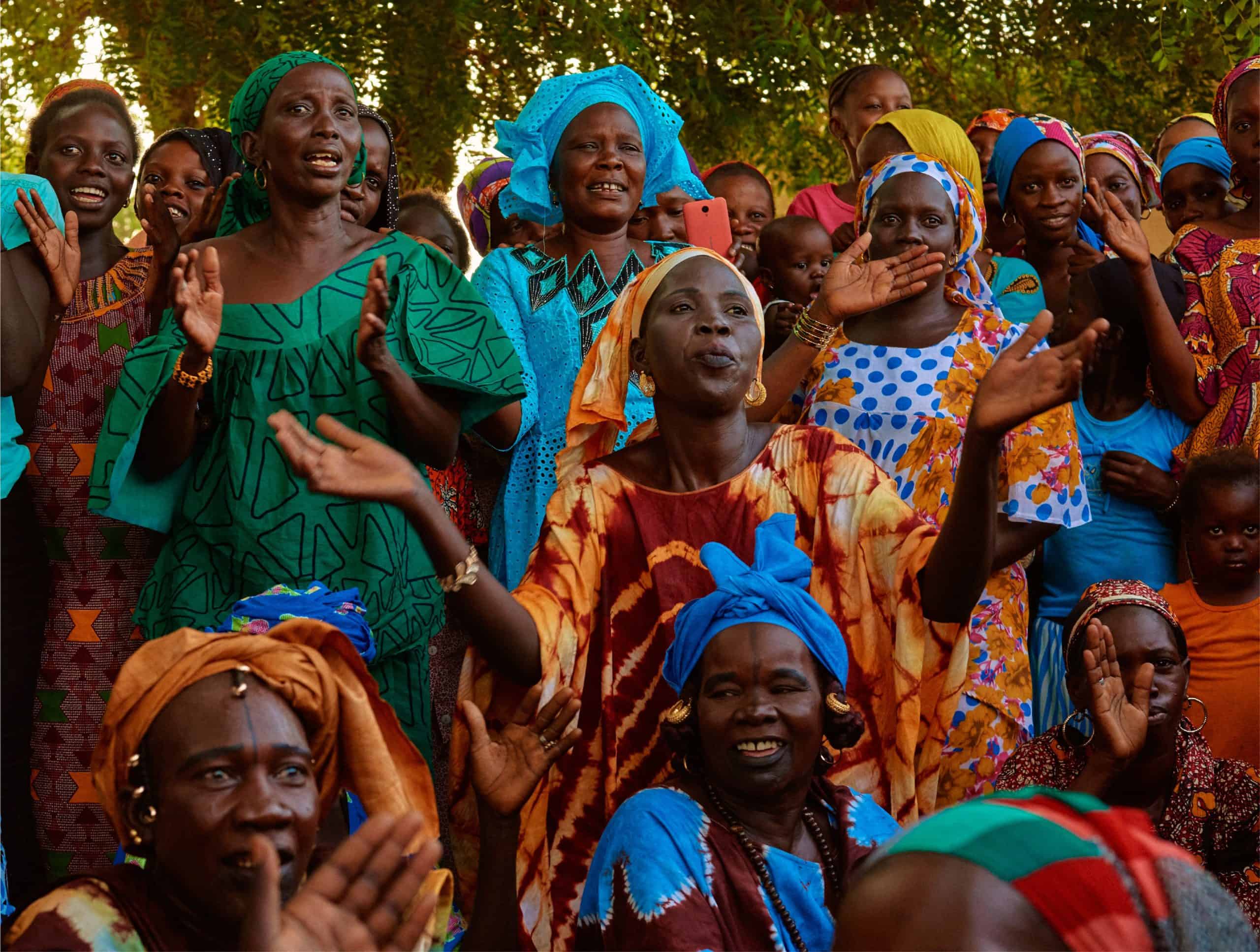How old were you when you opened your first bank account? Do you remember going to the bank with your ID and cash in hand? Chances are, over the years, you’ve had a love-hate relationship with your savings and checking accounts, they keep your hard-earned cash safe, but you probably wish that balance was higher.
In developing countries like Senegal, rural families don’t have the luxury of “savings,” let alone the ability to travel to a nearby drive-thru bank window and deposit their money in a secure place for safekeeping.
The cycle of poverty is a gruesome one. A Senegalese farmer surviving on less than a dollar a day doesn’t have the tools or opportunity to dig herself out of the growing pit of hunger and poverty. She can’t get a loan, her crops aren’t subsidized, and changing professions means starting over somewhere else with nothing at all.
Savings Clubs are a local practice that puts the power back in the hands of the people living in poverty. As an individual, saving enough to change personal circumstances is unconscionable, but as a group, saving enough to support each other is achievable.

With the help of on-site technical support by the Grameen Foundation and training resources from the International Rescue Committee, Trees for the Future is now working directly with families to finance their own pathway out of poverty. Trees for the Future is working with nine Savings Clubs near Kaffrine, Senegal. Each club is made up of about 25 women, and together, they’re saving for the things they all need, but can’t afford alone.
Aminta Sall is the President of the women’s group in Medina Sy village called “And Sokoleko” which means Helping Together. There are 25 women in Aminta’s group, and they are now unlocking tremendous earning potential and many of them are saving money for the first time in their lives!

The women meet weekly to collect their savings, celebrate their accomplishments, and discuss their plans for the future. The money is kept in a box that has three different locks. Three women are chosen to hold one key each and the box is only opened when all 25 women are together. Their meetings typically start with singing and dancing before moving on to the business of the day. The clubs keep a book listing each of the 25 women and the secretary runs down the list as everyone makes their contribution. “And Sokoleko” and the other eight clubs each have two funds: A Solidarity Fund and an Enterprise Fund.
Solidarity funds are like rainy day funds, the women are saving for any unexpected needs that may arise within the group. For example, the solidarity fund may be used to cover the cost of medicine for a woman’s family member. Each woman contributes $.05 to this fund each week.
Enterprise funds are at the heart of the savings club and are focused on money-making ventures that the women are able to run together and equally are able to share the profits. Each woman contributes $.50 to this fund weekly.
Since June, these 225 women have been steadily saving what little they can divert away from other household expenses. Right now, the women are saving up for supplies to make soap, laundry detergent, and cooking oil – items that aren’t widely available in their villages and which they’ll be able to use for themselves and sell for a reliable profit. In the first two months, Aminta’s savings club has already saved over $200.

Each groups’ saving potential will increase as each Forest Garden continues to mature and provide a much broader range of crops and non-food items in the coming year. The pigeon peas and hot peppers will likely be the biggest money makers for Aminta and her group over the next nine months.
Trees for the Future focuses on People, Planet, and PROFIT. The organization is not just helping farmers plant trees, they are reinventing smallholder farming rural farming to make it work for people and the planet. By adding village savings into the Forest Garden model, Trees for the Future is ensuring the profits continue to grow as the trees do. Trees for the Future staff continue working closely with farmers to engage in Savings Clubs like these and to host various business planning workshops so that farmers are given the tools and opportunities to not only live a life out of poverty, but thrive in their newfound independence.